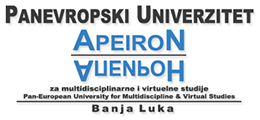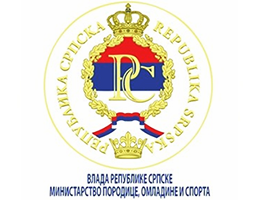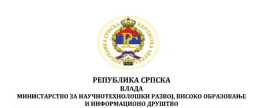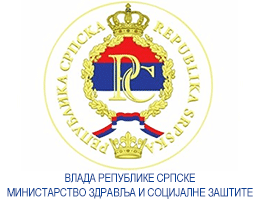Possession of Predisposition for the Safety of Business Management in Sports
Volume 8, Issue 1 (2018)
Volume 8, Issue 1 (2018)
Possession of Predisposition for the Safety of Business Management in Sports
Abstract:
The aim of this research is to determine the possession of predisposition for the success of doing business management in the sport. The study was conducted on a sample of 120 managers of sports clubs in Tuzla Canton and Brcko District. A sample of 20 variables is drawn from the survey “Do you have the potential to be a manager?”. Survey results showed that 31 respondents possess many skills and abilities that are required for a successful manager, 63 respondents have some of the skills and abilities to successfully manage, and 26 respondents do not possess adequate skills and the ability to successfully manage others. It is obvious that respondents who want to be successful managers need to pay attention to the managerial skills and techniques in which they feel the weakest. It is logical that different levels of management require different levels of given skills and knowledge. At lower levels of management the need for a higher level of technical knowledge is pronounced. The fact is that – top managers, in contrast to managers at lower levels of the organization, must have a high ability of conceptual thinking based on a high degree of creation and imagination. These are the qualities and skills that cannot be acquired through the educational process.
Keywords:
managers, skills, abilities, management, success
Full Text:
DOI:
References:
- Adigees, I. (1979 ). Change management. Novi Sad. Prometheus.
- Bahtiarević-Šiber, F. (1999). Human Resources Management. Zagreb. Golden marketing.
- Bartoluci, M. (2003). Economics and sport management. Zagreb. Informator.
- Biberović A., Džibrić Dž., Ahmić D., Mijatović V. (2015). Human Resources Management in Sports Organizations. Tuzla. "SORELLI”.
- Bittel, R.L. (1997). Leadership styles and management techniques. Belgrade. ( Marketing Library, Clio).
- Covey, S. (2000). Principles of Successful Leadership. Belgrad. PS Grmeč-Economic Review.
- Čardalović J. Lj. (2002). Industrial Sociology. Zagreb. Technical University of Zagreb - Mechanical Department.
- Drucker P. (1961). Management Practice. Zagreb.
- Malacko, J. & Rađo, I. (2006) Human Resource Management. Sarajevo. Faculty of Sport and Physical Education and Olympic Committee of BiH.
- Mašić, B. (2001): Strategic management. Belgrade. Faculty of Management "Braća Karić".
- Mihajlović, M. (2005. Management of Sports Organizations. Belgrade. Faculty of Management in Sports.
- Mikić, B., Pinjuh, A., Muhibić, A., Omanović, A., Mučibabić, M. (2013). The role of management in the modern organization of sports. Banja Luka.Treća International Conference "Sports Science and Health" (Proceedings).
- Mikić, B., Tanović, I., Ivanek, P., Azapagić, E., Katanić, N. (2013). Leaders of change.Subotica. VI International Interdisciplinary Scientific-Professional Conference.
- Mikić, B., Tanović, I., Stanković, N. (2014). Organization and management in sport. Brčko distrikt. European University.
- Milisavljević, M. (1999). Leadership in Enterprises. Belgrade. Čigoja.
- Pedersen, P. M. et al. (2011). Contemporary Sport Management, 4th edition, Human Kinetics.
- Sikavica P. and Novak M. (1999). Business organization - III edition amended. Zagreb.
- Shunje, A. (2002). Top manager visionary and strategist. Sarajevo: Tirada.
- Tomić, M. (2001). Management in Sports - II ed. Belgrade. IP ASTIMBO.
- Torrington, D., Hall, L., Taylor, S. (2004). Human Resources Management. Belgrade: Data status.
- Velč, Dž. (2007). Skill of winning. Novi Sad: Adizes.






